As data explodes, managing database volumes and their efficiency is crucial to keep performance high, costs low, and operations smooth. Microsoft offers a powerful ecosystem of tools designed to help you handle growing database volumes with ease. Here’s a quick guide to the top Microsoft products you can leverage for scalable, reliable, and secure database management.
1. Microsoft SQL Server for Managing Database Volumes
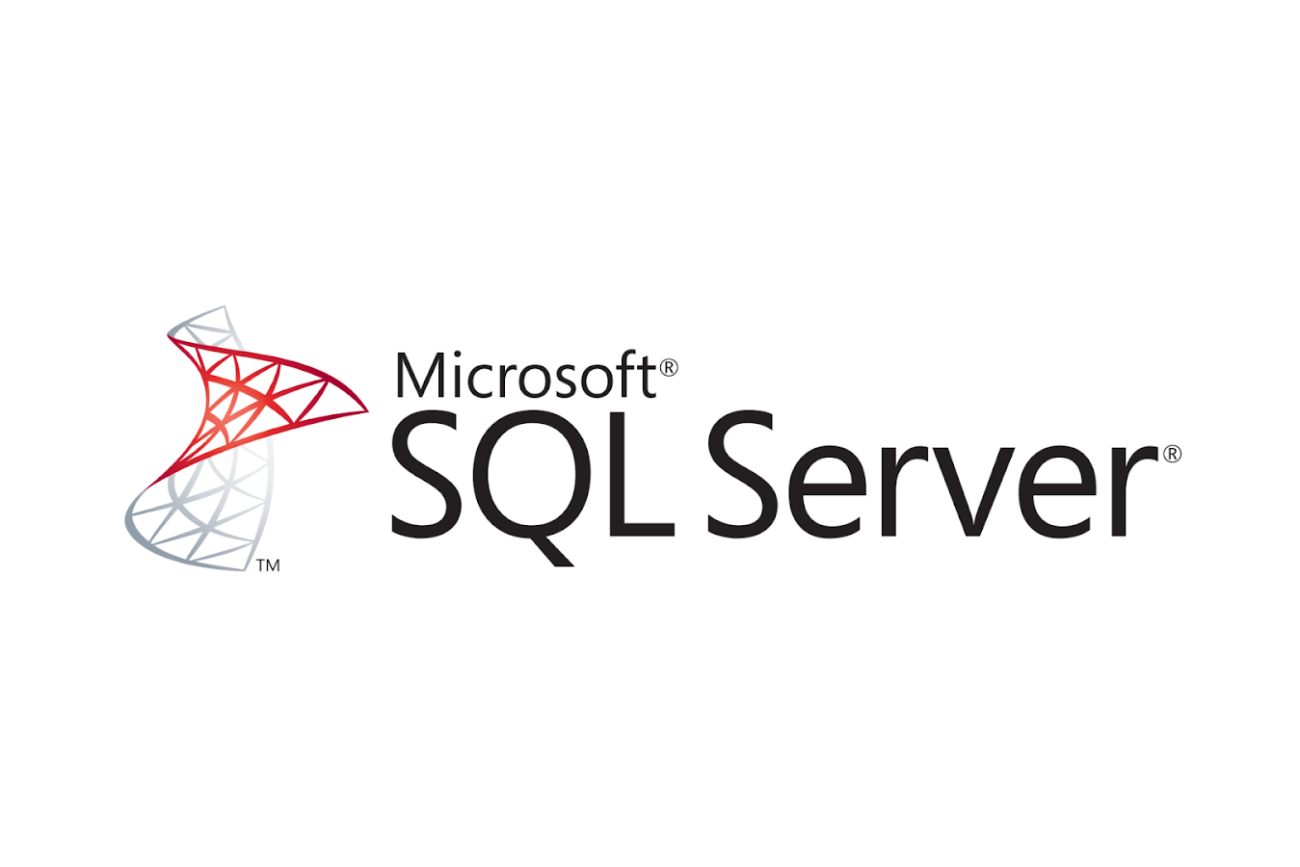
The backbone of many enterprise databases, SQL Server provides:
- Advanced partitioning and sharding capabilities to distribute large datasets
- In-memory OLTP for high-speed transaction processing
- Built-in compression to reduce storage footprint
- Transparent data encryption for security
Ideal for organisations seeking a robust relational platform with scalability and security.
2. Azure SQL Database
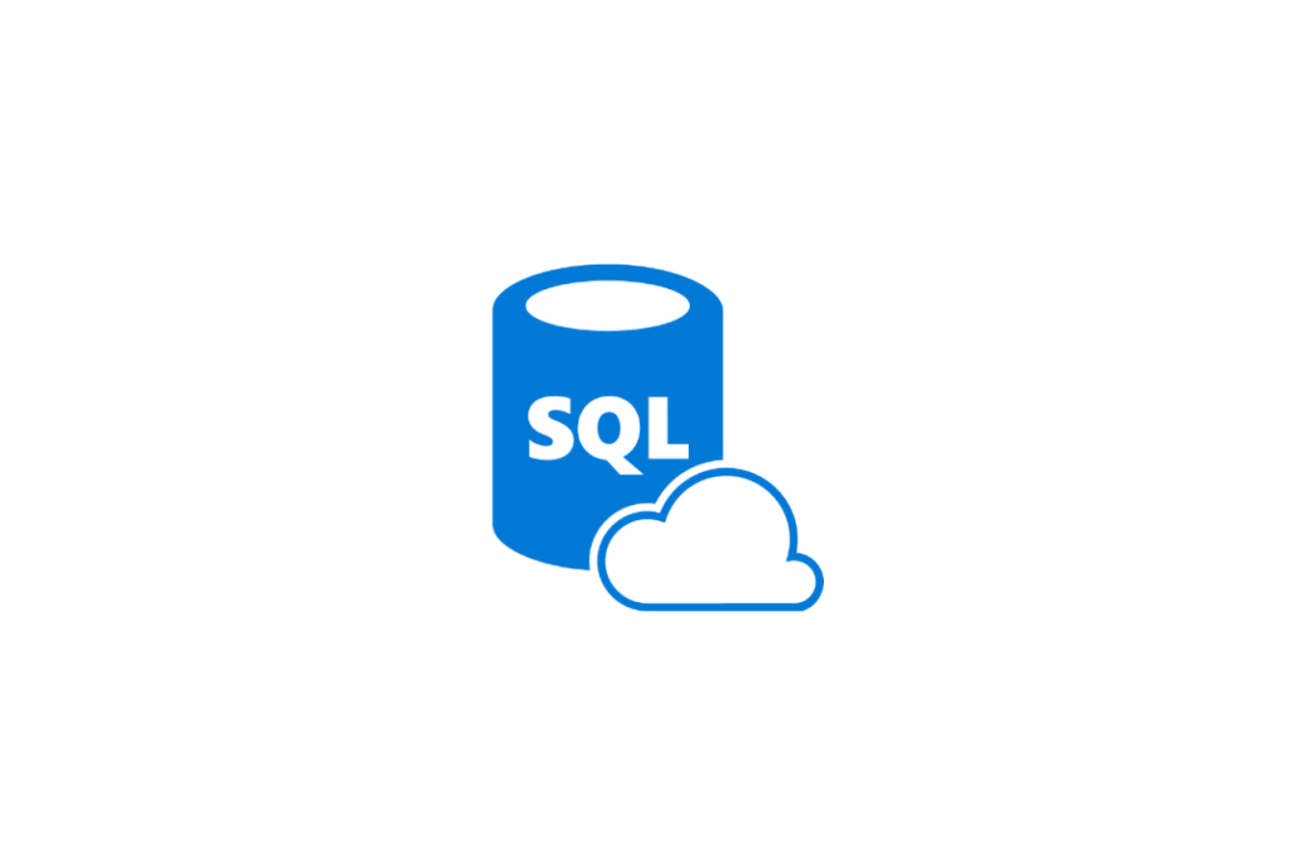
A fully managed cloud database service offering:
- Elastic pools to dynamically allocate resources across multiple databases
- Hyperscale tier supporting up to 100 TB of storage with rapid scaling
- Automated backups, patching, and high availability
- Intelligent performance tuning powered by AI
Perfect for businesses wanting cloud-native scalability without infrastructure overhead.
3. Azure Data Factory
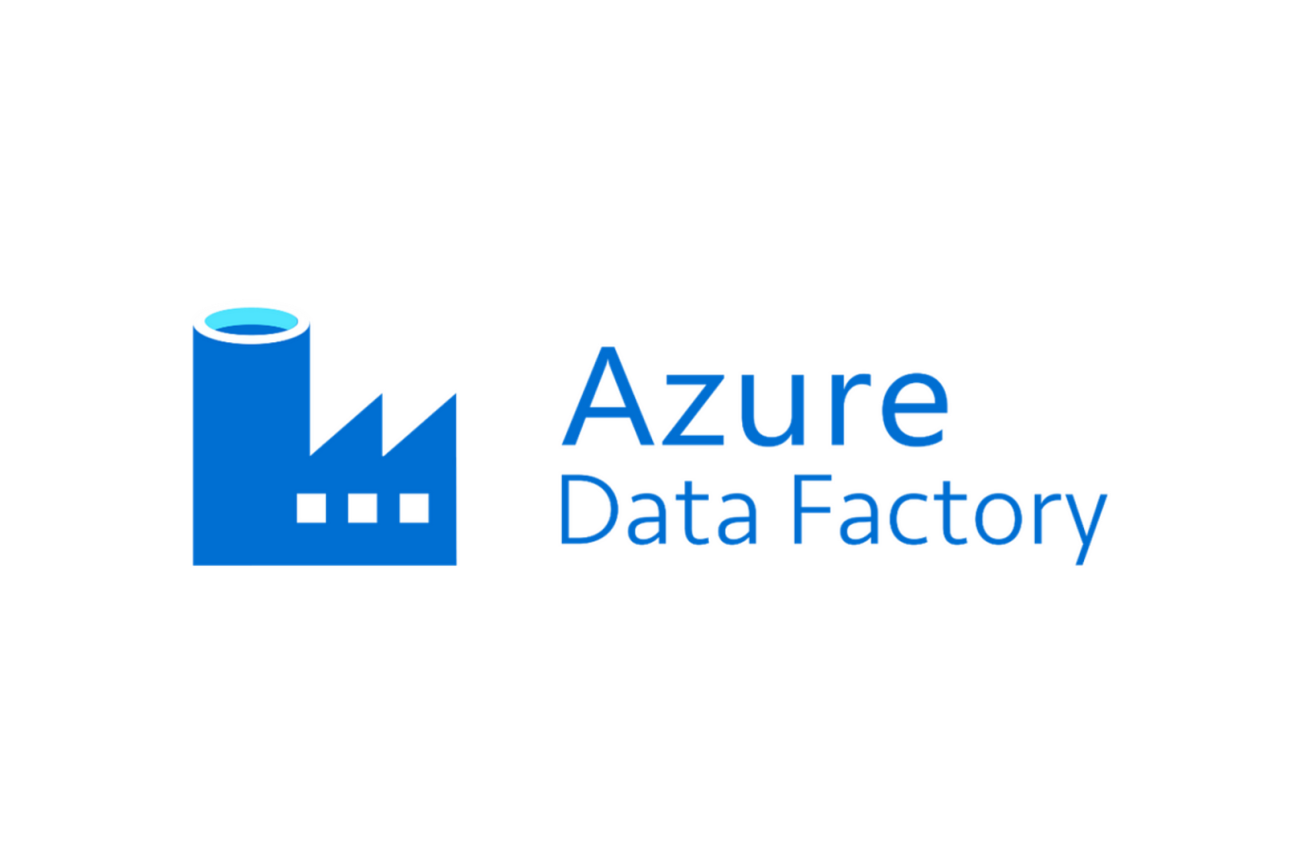
A cloud-based ETL (Extract, Transform, Load) service that:
- Orchestrates data movement and transformation across on-premises and cloud sources
- Supports data integration at scale for large datasets
- Enables automation of data workflows to keep repository optimised and up-to-date
Essential for managing data ingestion and transformation in complex environments.
4. Azure Blob Storage

Cost-effective, scalable object storage ideal for:
- Archiving large base of historical or infrequently accessed data
- Tiered storage options (hot, cool, archive) to optimise costs
- Seamless integration with Azure SQL and analytics services
Great for offloading cold data from primary databases to reduce storage costs.
5. Synapse Analytics
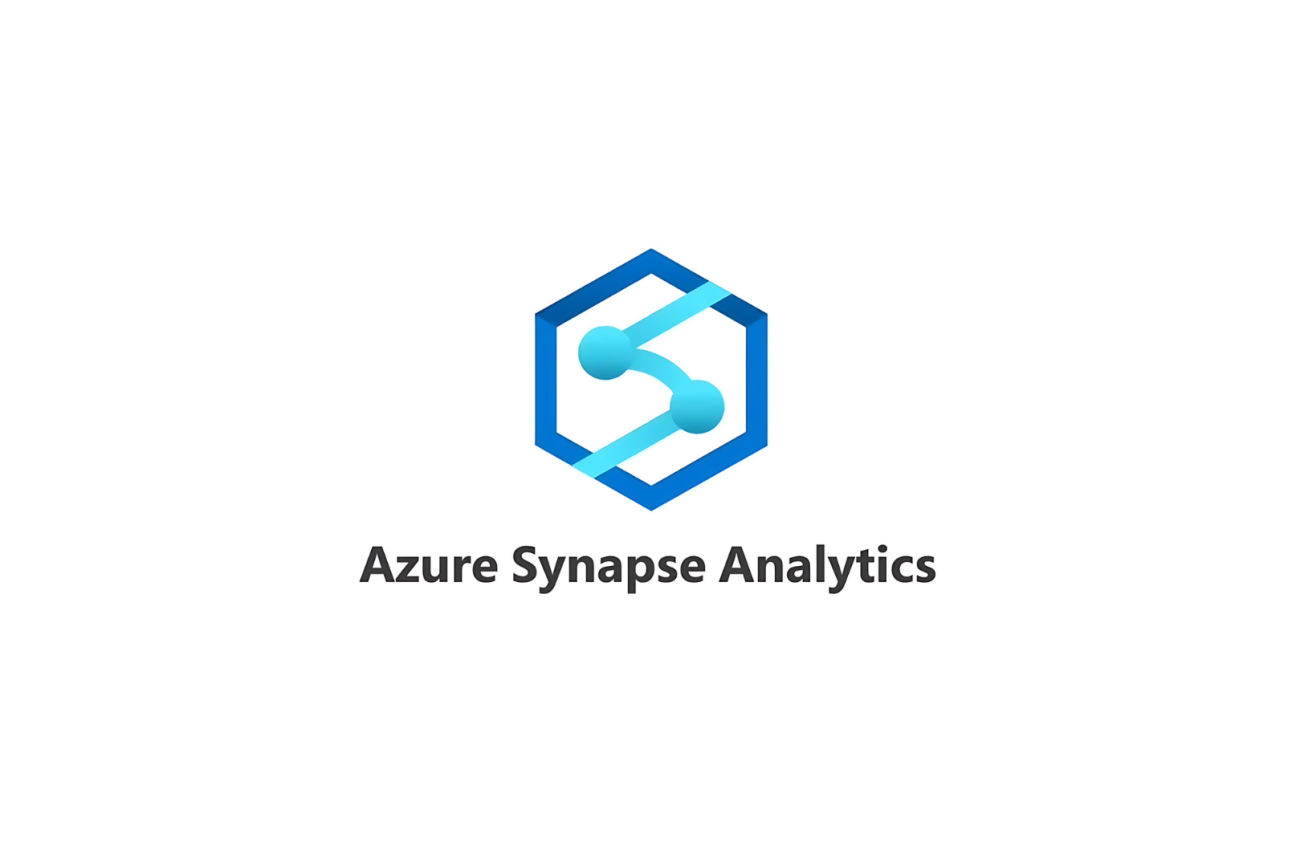
An integrated analytics service that combines big data and data warehousing:
- Handles petabyte-scale data volumes with distributed query processing
- Enables real-time analytics and reporting on massive datasets
- Supports data lake integration for unified data management
Ideal for enterprises needing advanced analytics on large, diverse datasets.
6. SQL Server Management Studio (SSMS)
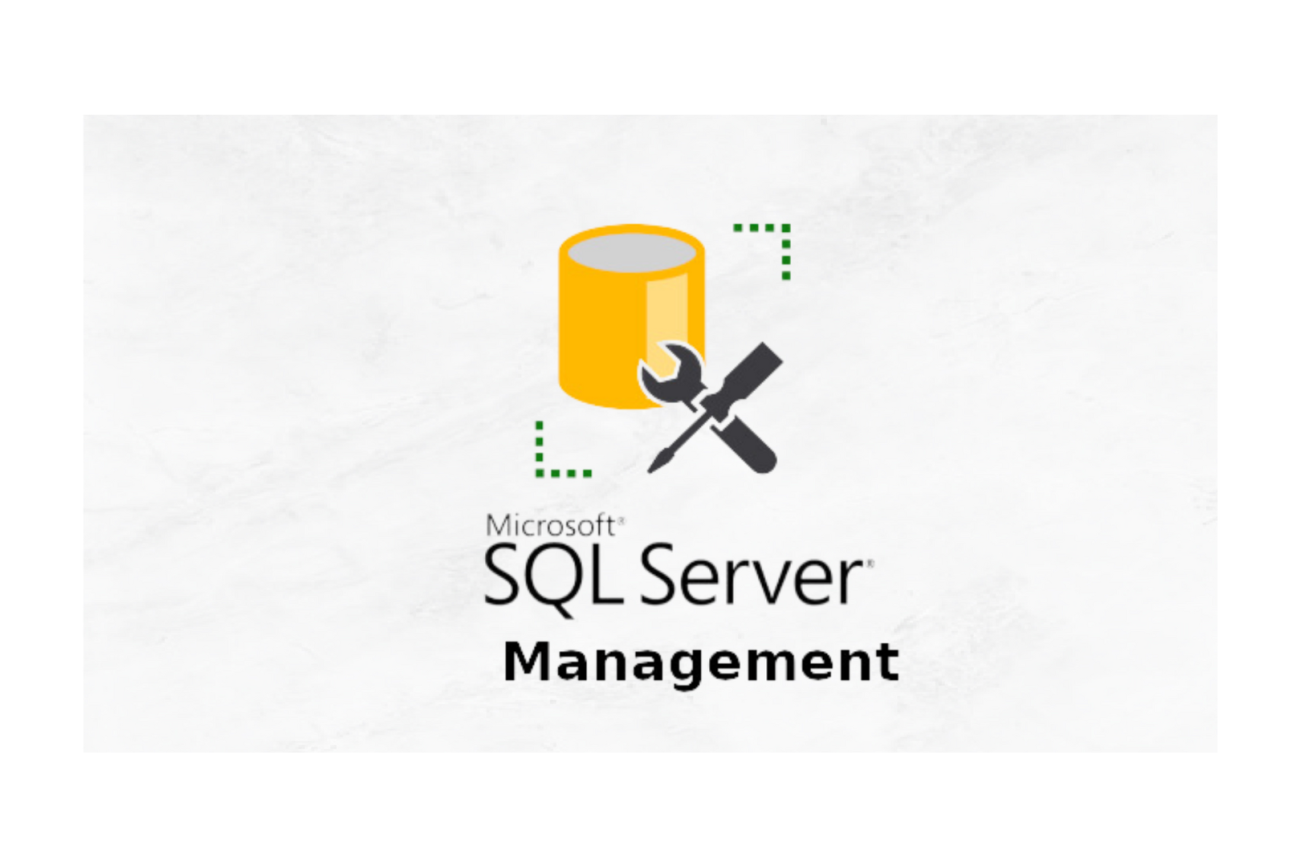
A comprehensive tool for database administrators to:
- Manage and monitor SQL Server and Azure SQL databases
- Analyse query performance and optimise indexes
- Automate routine maintenance tasks
Crucial for day-to-day database volume management and performance tuning.
7. Azure Monitor and Advisor
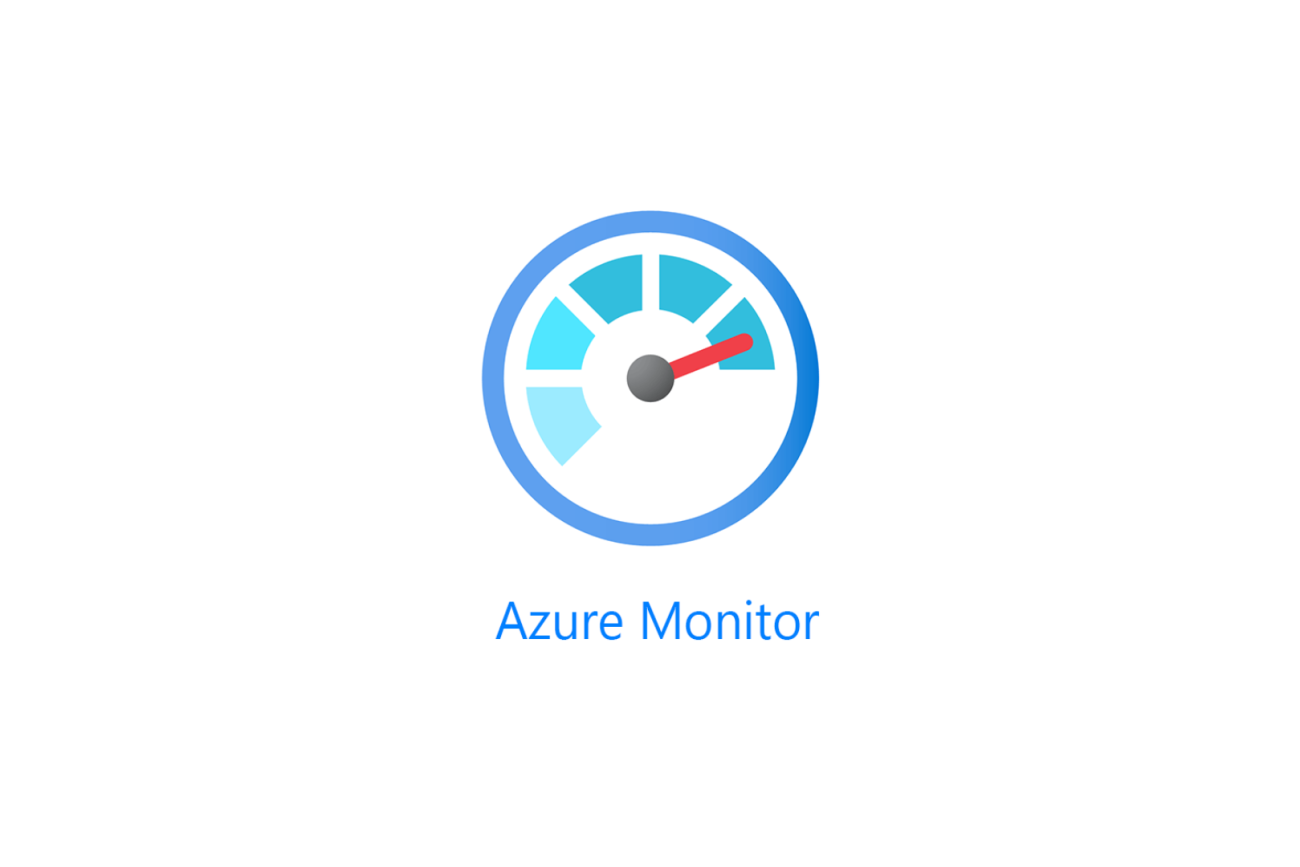
Monitoring and advisory tools that:
- Provide real-time insights into database performance, storage usage, and bottlenecks
- Offer proactive recommendations to optimise resource utilisation and cost
- Alert administrators to potential issues before they impact operations
Vital for maintaining database health as volumes grow.
8. Cosmos DB

A globally distributed, multi-model NoSQL database service:
- Offers automatic partitioning and horizontal scaling for massive datasets
- Guarantees low latency and high availability worldwide
- Supports multiple data models, including key-value, document, graph, and column-family
Best suited for applications needing flexible, scalable NoSQL solutions.
Conclusion
Effectively managing growing database volumes is essential for maintaining high performance, controlling costs, and ensuring data reliability. Microsoft’s suite of tools—from SQL Server and Azure SQL Database to Data Factory and Cosmos DB—provides versatile, scalable solutions tailored to diverse business needs.
At Osmosys, we specialise in helping businesses harness the full potential of Microsoft’s data platform to build scalable, secure, and efficient database ecosystems.

Ready to take control of your database volumes and future-proof your data infrastructure? Reach out to Osmosys today at sales@osmosys.co to schedule a personalised consultation!


